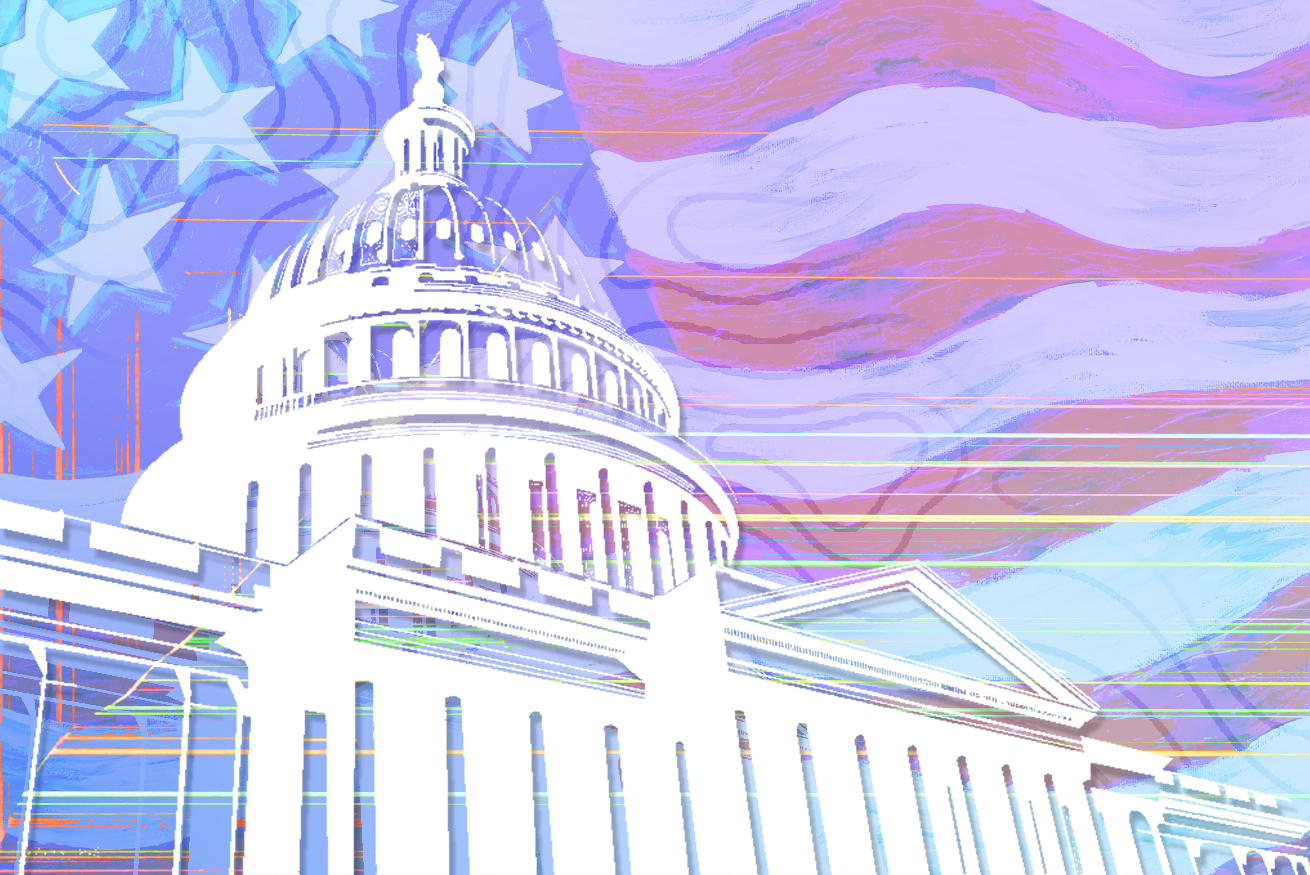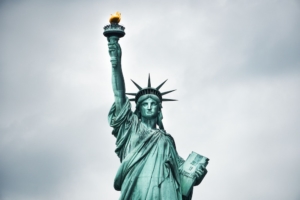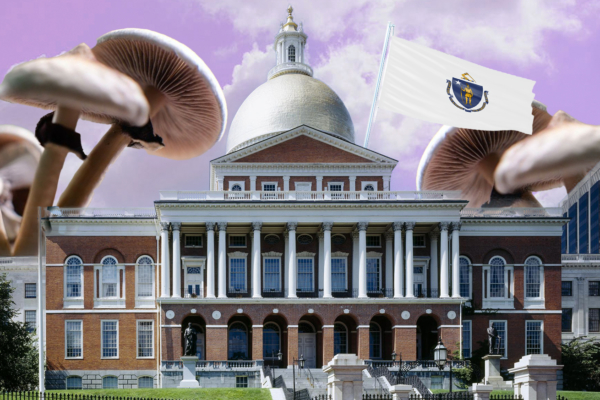
Ten years ago Colorado and Washington State busted down the drug reform dam by legalizing recreational marijuana, evidenced by 17 states and the District of Columbia following suit. Once again, this past Tuesday, voters in six states went to the polls with a chance to reform their state’s respective drug policy laws.
Recreational marijuana legalization was on the ballot in Arkansas, Maryland, Missouri, North Dakota, and South Dakota, while Colorado voters had a chance to legalize the possession of certain kinds of psychedelics and establish a state regulated psychedelic assisted therapy program (for more details about the laws check out my piece from last week breaking down what these specific initiatives do).
But now that the votes are counted let’s take a look at the results and how they compare to the public opinion polling.
Winning Initiatives:
Proposition 122 in Colorado – Legalizes Possession and Cultivation of Certain Psychedelics and Creates a Regulated Psychedelic Assisted Therapy Program*
*At the time of publishing, this initiative has not officially been called by most news outlets, however, based on the percentage of vote in and what’s left to be counted, it’s highly likely this will pass.
- Yes: 51.6%
- No: 48.4%
- Polling comparison: In three separate polls the average level of support was just under 45% and only one poll had a majority supporting the law. The one constant in all the polling was the number of undecided voters and it sure seems like they mostly broke in favor of the proposition.
Maryland Question 4 – Recreational Marijuana Legalization
- Yes: 65.6%
- No: 34.4%
- Polling comparison: The polling here was pretty spot on. Two different polls both showed support for Question 4 hovering around 70%, pretty in line with the actual result.
Amendment 3 in Missouri – Recreational Marijuana Legalization
- Yes: 53.1%
- No: 46.9%
- Polling comparison: Much like in Maryland, the polling average of support for Amendment 3 was pretty on target at 51.1%.
Losing initiatives:
Arkansas Issue 4 – Recreational Marijuana Legalization
- No: 56.3%
- Yes: 43.7%
- Polling comparison: Over the course of three different polls from September to election day, support for Issue 4 went from 58%, to 50.5%, to 41%. The results make pretty clear that the polls accurately showed support deteriorating for legal cannabis.
North Dakota Measure 2 – Recreational Marijuana Legalization
- No: 54.9%
- Yes: 45.1%
- Polling comparison: The only poll available was from way back in 2018, where 59% of voters reported opposing legal recreational cannabis. As I mentioned in my post last week, I expected to see some attitudes softening since then and it looks like they are indeed, but not enough to pull Measure 2 across the finish line.
Measure 27 in South Dakota – Recreational Marijuana Legalization
- No: 52.9%
- Yes: 47.1%
- Polling comparison: In 2020, over 54% of South Dakotans voted to legalize marijuana, however, the state supreme court subsequently found the law was unconstitutional. Despite that outcome just two years ago, the public polling was quite in line with the result —opposition to legal cannabis never dipped below 50%.
With Maryland and Missouri legalizing recreational marijuana, they become the 20 and 21st state (plus DC) with legal cannabis, and Colorado becomes the first state to both legalize the possession and cultivation of certain psychedelics and establish a psychedelic assisted therapy program (Oregon only decriminalized drugs).
Despite three states voting against legalizing recreational marijuana, any day that the racist and oppressive drug war takes a few L’s is a good day. While prohibitionists might try to frame these results as more people turning against, rather than supporting legalization, it’s an unreasonable argument to make.
A poll published last month from Monmouth University shows 68% of Americans favor legalizing marijuana. Moreover, legal cannabis losing in three very politically conservative states isn’t exactly a surprise rebuke. Rather, Missouri, while a right leaning conservative state, has a far more diverse and heterogeneous population than Arkansas and the Dakotas, making it a much better bell weather for more politically diverse states and coalitions.
With these votes now in the rear view mirror, the good news is we won’t have to wait long for the next chance for voters to deal the drug war another blow. Oklahoma’s State Question 820 to legalize marijuana, which was rejected for the November ballot by the state Supreme Court, was recently certified by the Governor for a special election on March 7, 2023. Keep an eye on this space heading into 2023 and beyond for updates and an Oklahoma version of the Ballot Initiative Breakdown.





